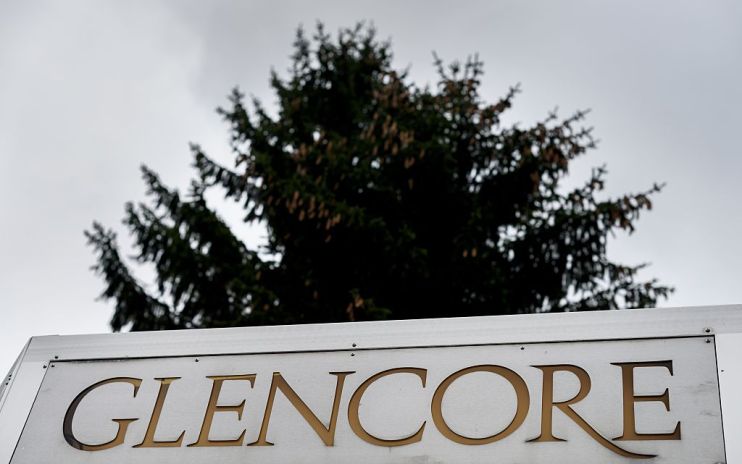Glencore execs used private jets to fly cash bribes to Africa, court hears

Glencore executives used private jets to fly millions of dollars in bribes to officials in Africa to boost their oil trading activities, a London Court heard today.
Traders on Glencore’s London-based West Africa trading desk organised to have bribes, which were withdrawn from the commodity trader’s offices in Switzerland, flown to officials in Cameroon and South Sudan, lawyers for the UK’s Serious Fraud Office (SFO) told Southwark Crown Court.
The London hearing comes after the firm’s UK subsidiary pleaded guilty this June to seven bribery-related charges brought forward by the SFO.
The international commodities trader is set to be sentenced tomorrow over the UK charges, where it is expected to receive a multi-million-pound penalty.
Glencore agreed in May to pay almost $1.1bn (£960m) to settle parallel cases brought by authorities in the US and Brazil, after setting aside a total of $1.5bn to resolve the matter as a whole.
In Nigeria, Glencore’s middlemen paid bribes to officials at NNPC, Nigeria’s state-controlled oil firm, to win their pick of the most profitable shipments of crude oil, Alexandra Healy KC told the London court.
Glencore executives paid money to a South Sudanese firm, whose owners had access to the president of the newly-independent country. That money was later used by the firm to pay government ministers to influence political decisions, the court heard.
The payments were made after South Sudan’s energy minister threatened to scupper Glencore’s plans to launch a joint-venture with the country’s national oil company, Nile Petroleum Corporation.
The court also heard Glencore paid $1m into a Swiss bank account owned by an agent working in Equatorial Guinea, who then bribed officials at GePetrol, the country’s state-owned oil company, to influence decisions around the allocation of oil cargoes.
Lawyers for the SFO said that Glencore staff disguised their illicit activities by describing the bribes paid out to officials across the continent as “commission fees” or “loan repayments” when recording the payments on Glencore’s internal accounting system.
Acting on behalf of Glencore, Clare Montgomery KC said the multinational had fully cooperated with UK authorities, as she said the company “unreservedly regrets the harm caused by these offences… in the African states concerned.”
Montgomery noted that Glencore’s chairman Kalidas Madhavpeddi had chosen to attend the hearing yesterday in person, as she argued the firm has suffered substantial “reputational damage” from the international bribery scandal.
The SFO’s investigation into the activities of 17 individuals, including former executives at Glencore, is ongoing.